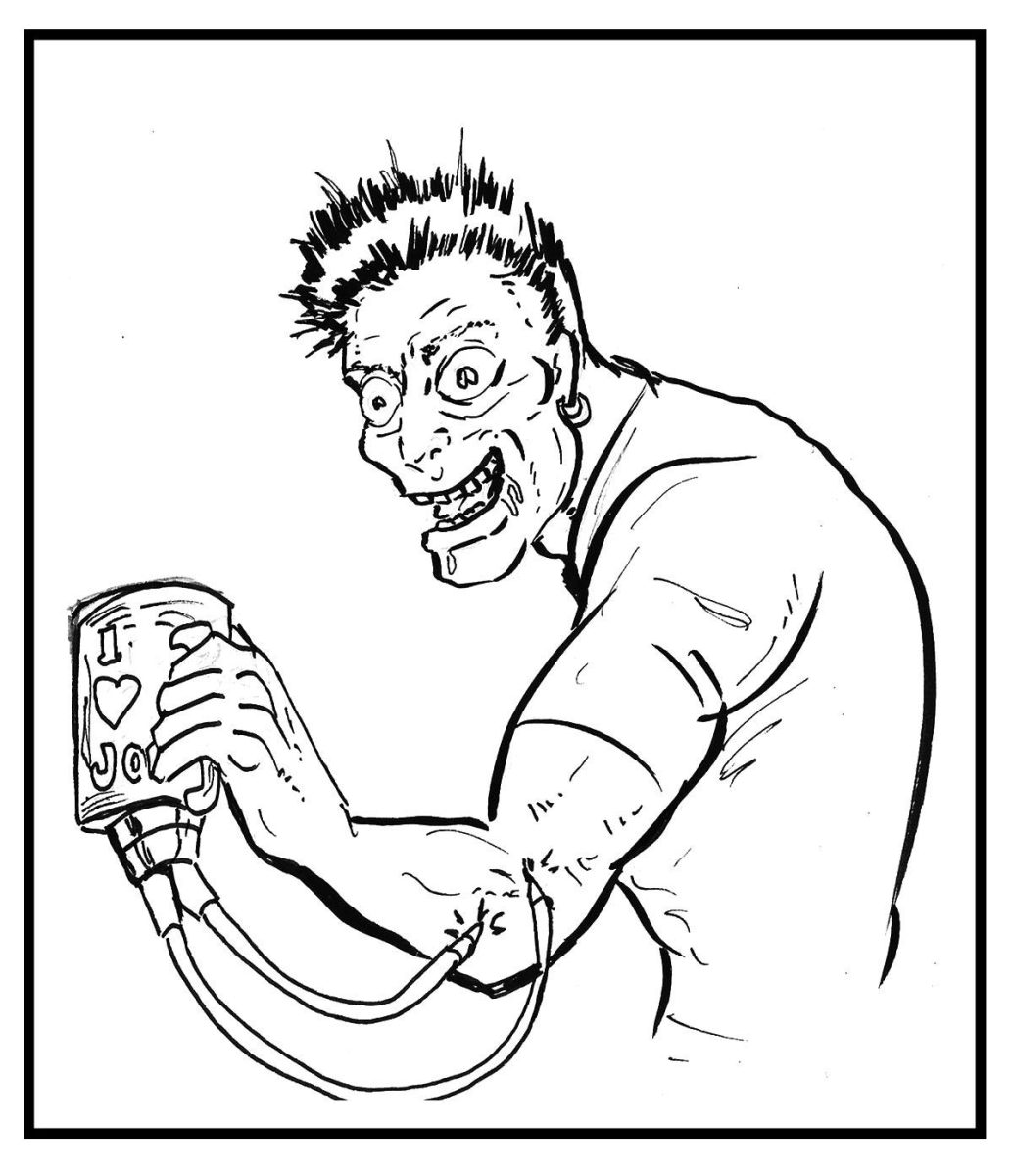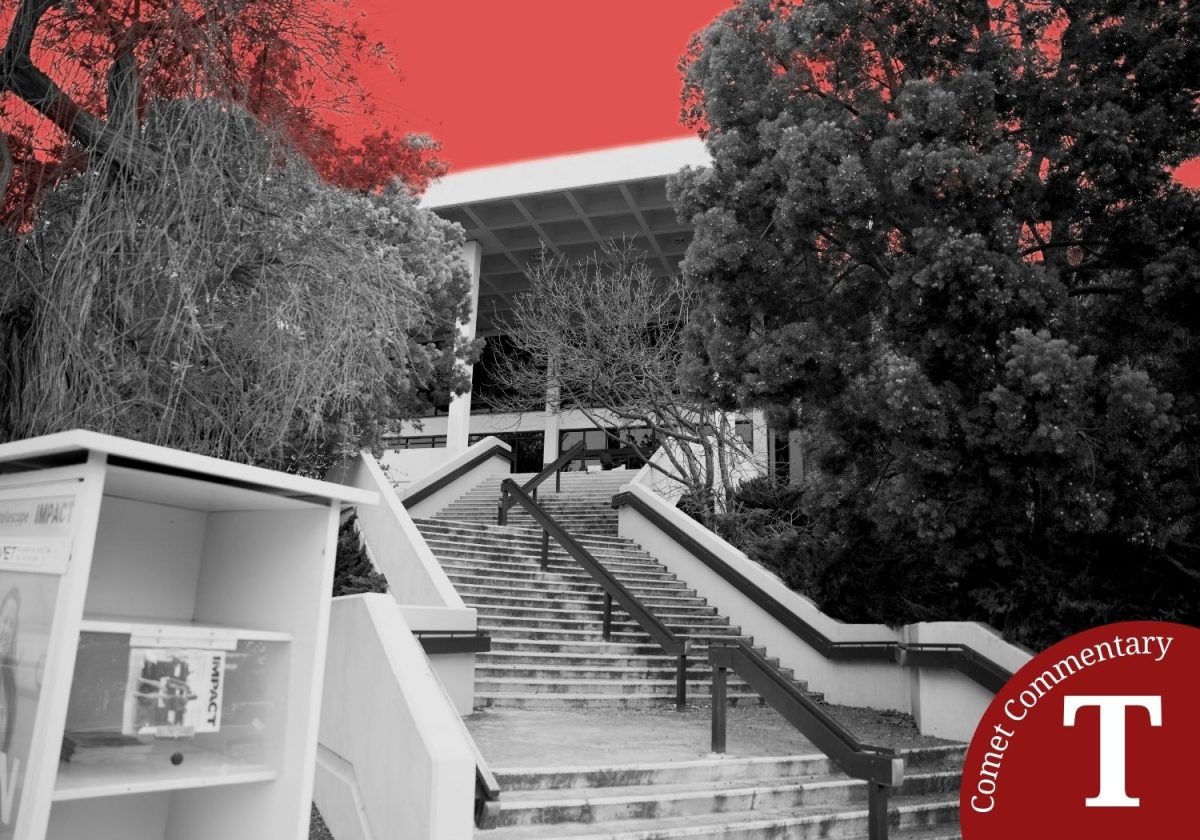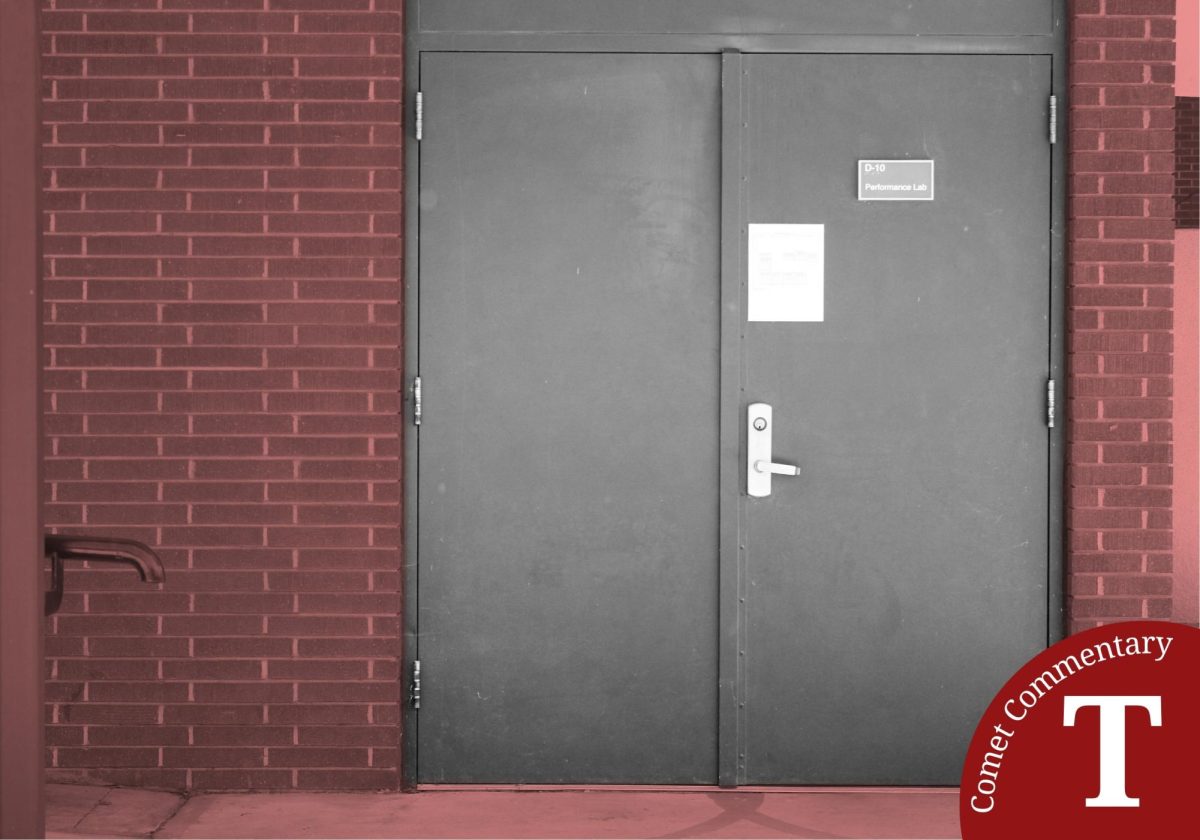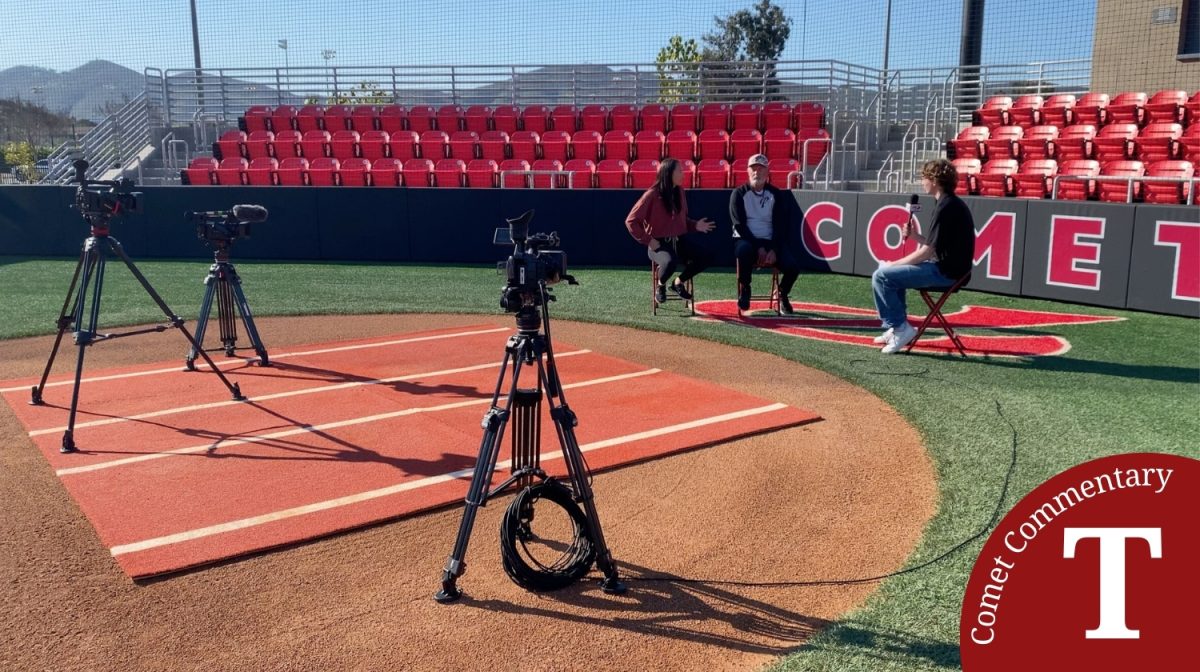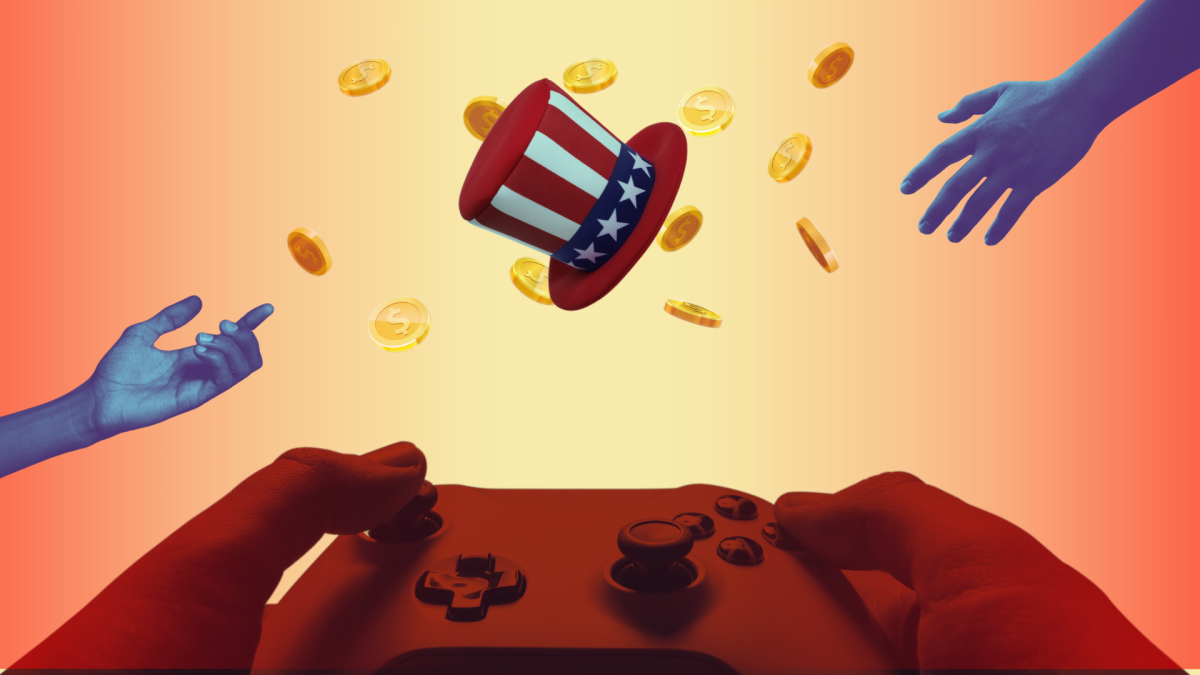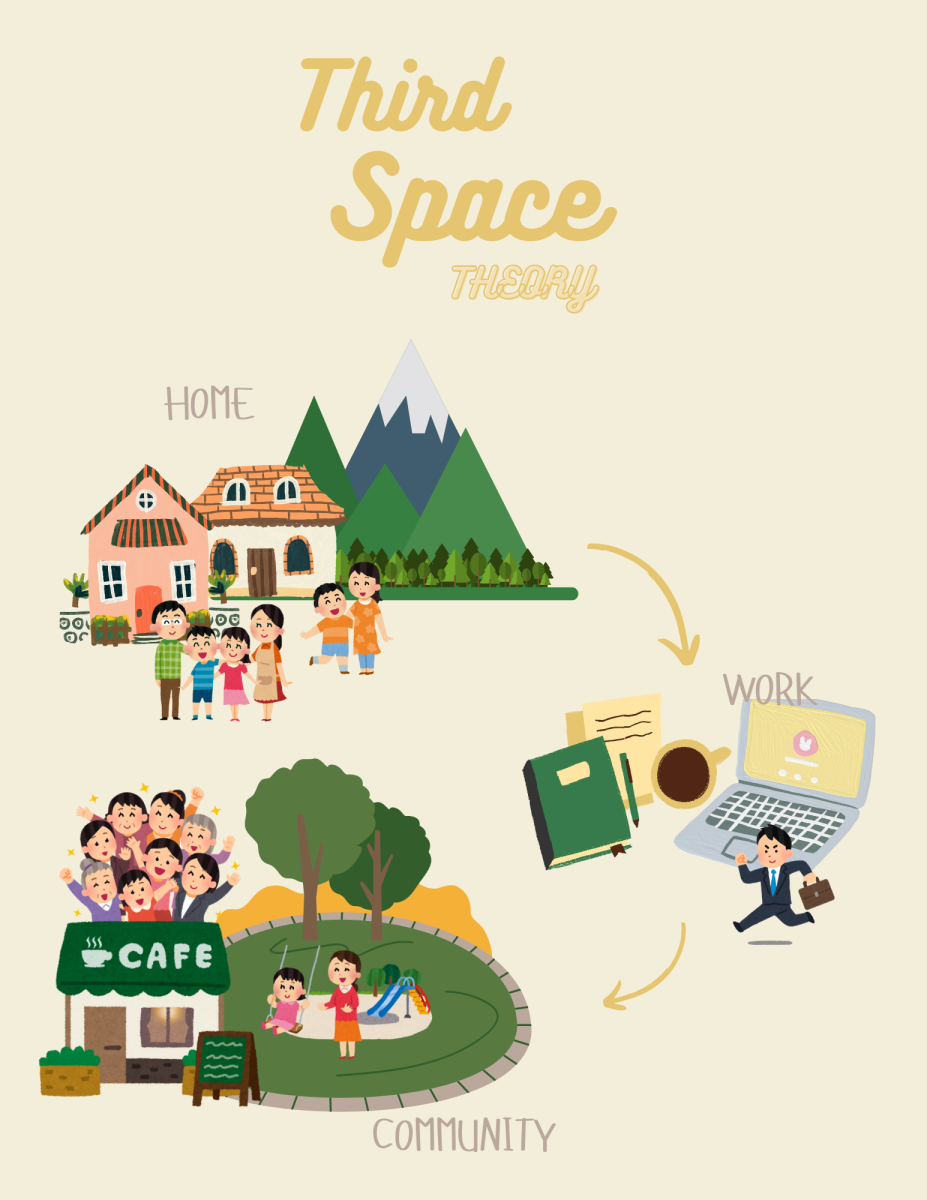
Countless hours spent writing a research paper, pulling a fervent all-nighter in hopes of making a deadline, impromptu naps out of desperation. The culture of college, which now exists, asks us students to put our bodies through strenuous behaviors like never before.
It sounds impossible to do but many of us do it without question. Pushing ourselves to achieve academic excellence by any means necessary.
Stress, bills, multiple jobs, final exams, textbooks and paying rent are just a few of the things we juggle. It sounds impossible to do but many of us do it without a bat of an eyelash.
We all have different ways of making this happen. However, for many students what gets us through our hectic day is coffee. The words college and coffee go hand in hand. From the viewpoint of many of college students the common caffeine dependency is greatly justified.
Naysayers may disagree. It is often said that this generation of coffee enthusiasts are only clinging on to coffee as a fad. Coffee houses like Starbucks and Coffee Bean have been popping up everywhere. According to Starbucks they have 20,519 stores throughout the world. That is a lot of coffee and a lot of people flock to Starbucks for their daily cup.
In hours of academic desperation coffee can appear as the only solution. The dangers of ample and cheap coffee consumption are often overlooked. The social act that drinking coffee has become exposes many young adults to the negative effects it can have. With the stresses of college many can’t go a day with out a cup of coffee, or three.
The caffeine content in coffee makes it really easy for it to be a college student’s quickest fix, a fix that can be hard to shake.
Cady Sagon of AARP online shared that coffee can “increase anxiety and disrupts sleep patterns, leading to a vicious cycle of restless sleep, relying on caffeine to help with daytime fatigue, followed by more insomnia.” Sleep is a sacred thing to college students. That is why it is not hard to see coffee critics’ concern. Yet, this is what happens when coffee is consumed in mass amounts. The social fad of coffee has made this negative effect come to fruition more frequently. It also puts people at risk for it’s other effects such as irregular heartbeats, stomach issues and a greater risk for high blood pressure.
However, staff at the Mayo Clinic state that about four cups of eight ounce brewed coffee is a safe amount to drink. So, for us college students searching far and wide for energy to make it through our next class a quick trip to the local coffee cart is not a death sentence.
About a dozen coffee stops are located in a reasonable radius from Palomar College. Places like this provide us college students with a great source of incentive to navigate these busy schedules. Crazy coffee consumption is irresponsible. However, coffee in the appropriate dosage is a godsend.
Dr. Rob van Dam of the Harvard School of Public Health lays out why coffee isn’t just the sugary confection that it is sensationalized to be. Van Dam expresses that “… consumption may protect against type 2 diabetes, Parkinson’s disease, liver cancer, and liver cirrhosis.”
Coffee cannot only be a great preventative addition to your life but it can jumpstart any day. Even just the aroma of it can ease the daily grind of a college student.
Coffee helps some of us students focus or cram a last minute study session in. Many say they are in happier moods after their first cup. Coffee is one of the very few natural aids that can help with attentiveness, physical performance and memory.
The use of coffee by college students is completely understandable. Caution needs to be taken with the amount we consume. Consuming too much can drown the wonderful benefits of coffee out.
So when your local coffee house is crammed to the brim with students studying and conversing with one another, don’t roll your eyes. Think about how a cup of coffee is a provider of solace for many of us who are gearing up to battle the challenges of academia.
Article by Telescope staff writer Amber Rosario

